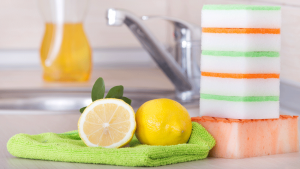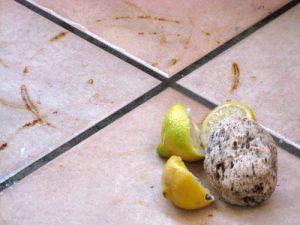Most of us enjoy eating citrus fruits for their sweet and refreshing sour taste, especially in the form of juice and ice during hot weather.
However, did you know that citrus fruits such as oranges and lemons can also serve as useful cleaning agents at home? The primary substance in citrus fruit often used as a cleaner is limonene. Here, we explain why such citrus fruits can be used as powerful cleaning agents.

What is Limonene?
This is a natural compound commonly found in the skin of some fruits and plants, such as oranges or lemons. It is used in cleaning products for two reasons. First, it has a pleasant lemon-orange aroma, and both of them function as solvents to help cleanse your whole house.
This material belongs to a large family of natural substances called terpenes, has no color, and is of relatively low toxicity. However, when it reacts with ozone in the air, it undergoes changes that release a small amount of other compounds, including formaldehyde.
Lemon as a Cleanser
If you have ever bitten a lemon, you know how sour it tastes.
Chemically, what your tongue perceives as an acid is citric acid. Lemon is more acidic than orange juice and black coffee, and this acidity is the key to its effectiveness as a cleaning agent.
Although many types of soap are alkaline (not acidic), acids can be more useful in cleaning. They can remove stains caused by other acids or combine with alkaline compounds to create strong chemical reactions.
1. Lemon Contains Antibacterial Substances
You may or may not know that lemon is a potent antibacterial agent. Its acidity creates a hostile environment for various types of bacteria, including those responsible for causing many human diseases, such as salmonella and E. coli bacteria.
It’s important to note that this lemon substance can’t kill all pathogens or harmful bacteria, and some of them won’t disappear entirely but will be rendered inactive.
2. Lemon Can Eliminate Stains
Many substances can stain clothing, such as coffee, lipstick, paint, and acidic sweat. Just like regular solvents, these stains require acidic water-based solutions to remove them. The same principle can be applied to surfaces stained with food, like cutting boards, plates, or bowls.
Lemon juice can also eliminate alkaline “stains,” like crust, the calcareous white deposits that often accumulate on water equipment, sinks, and bathtubs. It can effectively remove rust as well. The acidity of lemon juice reacts with impurities (calcium carbonate) or rust (iron oxide), causing them to soften and dissolve.

3. Lemon Can Neutralize Odour
Lemon can be a helpful ally when it comes to tackling various types of bad odors. For instance, when dealing with alkaline odors like residual fish or the stench of rotting vegetables in the trash, lemon can come to the rescue. The acidity of lemon effectively neutralizes these unpleasant smells.
If you’re contending with localized odors, place a piece of lemon in the affected area. For instance, if there’s an unpleasant smell coming from the sink, squeeze some lemon and pour the juice down the drain to refresh and eliminate the odor.
In the case of a pervasive, room-wide odor, try boiling lemon peel to release fragrant acids that can help freshen the air and remove the bad smell. Another handy tip is to rub lemon on your fingers after handling garlic to prevent the garlic odor from lingering.
In sum, lemon proves to be a versatile and effective ally in the realm of household cleaning agents.
At Total Cleanz we provide other cleaning services at most reasonable prices. Contact Us Now!





